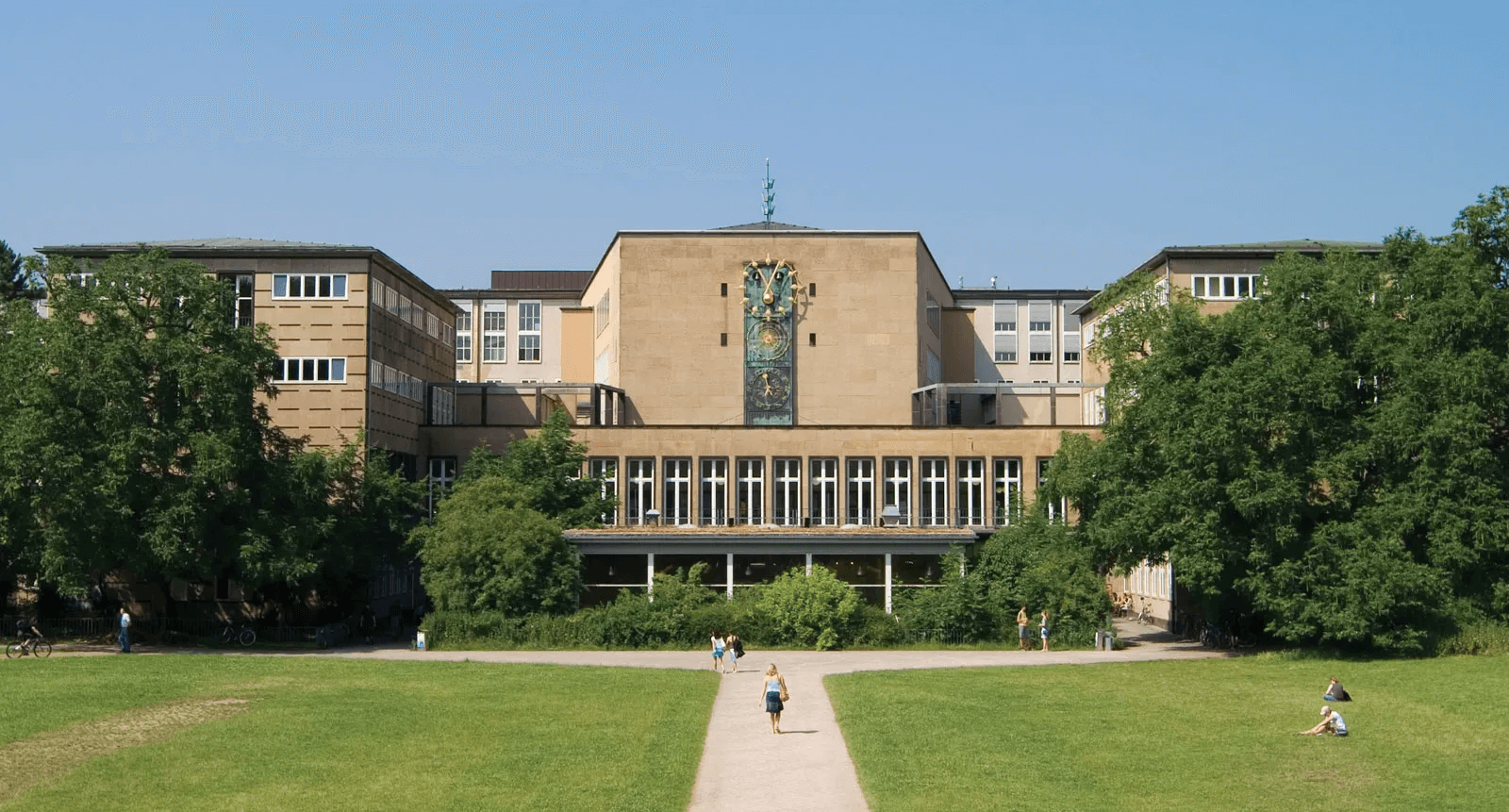📚About the Program
Course description
Digital and Computational Archaeology is concerned with the development and application of digital technologies and computational methods in archaeology. The MA Digital and Computational Archaeology is designed to equip archaeology graduates with practical, theoretical and critical skills in a variety of established and emerging digital technologies, and support a career in academia, cultural resource management, museums as well as public and private cultural heritage organisations. Students of this programme are offered the opportunity to use the facilities of the Cologne Digital Archaeology Laboratory (CoDArchLab), which is equipped with teaching, research and study spaces, numerous workstations, a variety of commercial and open source software programs, as well as specialised computational imaging equipment.
Students of the MA Digital and Computational Archaeology will have the opportunity to:
Develop core computing skills in Data Science (database theory and design, data visualisation and representation, network science) and Web technologies and become acquainted with current issues in archaeological research data management.
Familiarise themselves with the use of state-of-the-art 3D technologies and media and learn which techniques are best suited for data capture, documentation and analysis in different situations and contexts (e.g. fieldwork, museum, research projects).
Think critically on the application of Geographic Information Systems (GIS), spatial analysis, and computational modelling in archaeology, and learn how to best apply computational methods to gain insights into human behaviour and socio-political organisation in past natural and built environments.
Learn to identify current issues, problems and developments in the field of Digital Humanities and gain practical experience in the application and development of methods and tools that can benefit Humanities research more broadly.
Take work placements (Praktika) in excavations, museums, or cultural heritage management organisations and test their practical skills in real life situations.
Structure
Core Computing I introduces important concepts in database theory and design, Data Science and archaeological research data management. Core Computing II focuses on the representation and management of archaeological spatial data. Core Computing III offers an introduction to Web technologies and programming principles.
Specialisation Modules: SM1 introduces students to tools, methods, data models and current issues in Digital Humanities and Cultural Heritage. SM2 offers an overview of 3D documentation and 3D modelling techniques in archaeology. SM3 focuses on Spatial Analysis and computational modelling and introduces students to theories and current themes in Digital Archaeology. SM4 offers the possibility for internships, placements and independent studies in the area of Digital Archaeology.
Advanced Module: The Advanced Module offers a number of elective courses in Digital and Computational Archaeology, Archaeology and Digital Humanities.
Supplementary Module: Supplementary Module 1 offer students the possibility to develop further individual areas of interest and competences within Digital and Computational Archaeology, Digital Humanities, Archaeological Sciences or a related subject. The Supplementary Module 2 enables the recognition of CP obtained at another university in Germany or abroad. Students should choose one of the two Complementary Modules on offer.
Required Documents:
●School leaving certificate/proof of having passed a university entrance exam
●Degree certificate (if already available), if not, please upload a preliminary degree overview
●Overview of subjects and grades (transcript of records)
●University grading system
●An officially certified translation if the original documents were not issued in German or English Language
●Applicants from China and Vietnam are required to also submit a current APS certificate. (for India: As of the winter semester 2023/24)
●English Language Certificate: Level B2/C1 (TOEFL Internet-based 93; IELTS average 6,5 - each single component 6,0; Cambridge qualifications 175; TOEIC 460-425-175; Abitur incl. 6 years)
Show less










